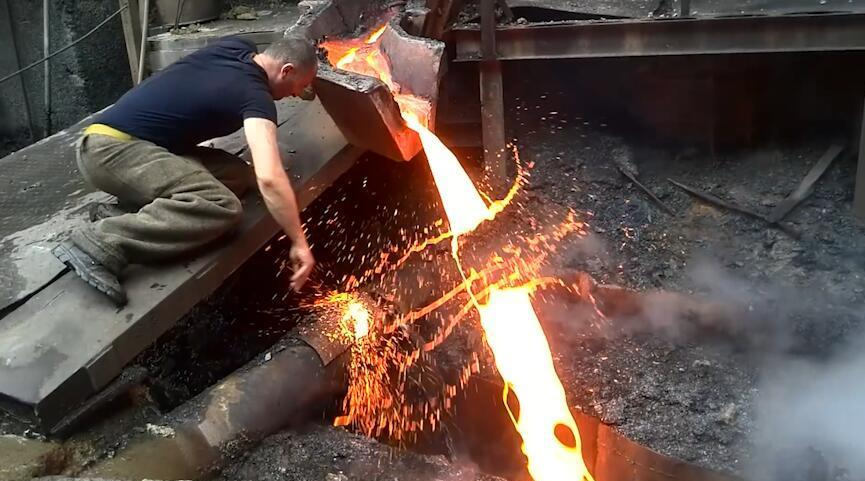- 中国河北省石家荘市高城地区長安鎮南楼村西定威路南150m
- monica@foundryasia.com
1月 . 24, 2024 09:49 リストに戻る
The Impact of the Leidenfrost Effect on Non-Stick Properties of Cast Iron Titanium Coated Cookware
In the field of kitchenware, innovation, and technological advances have changed the way we cook and enjoy food. One of these phenomena has a significant impact on cast iron titanium-coated cookware - the Leidenfrost effect. This effect occurs when a liquid above the boiling point, such as water, comes into contact with a surface. Instead of boiling immediately, it forms a thin layer of steam that forms a buffer between the liquid and the hot surface. This unusual phenomenon has a profound impact on improving the non-stick properties of cookware, especially in the application of cast iron titanium-coated cookware. Traditionally, cast iron has been chosen to make kitchen utensils because of its excellent insulation and uniform distribution of heat, making it popular in the kitchen. However, traditional cast-iron POTS require seasoning and careful maintenance to prevent food from sticking together. However, the use of titanium coatings, combined with the Leidenfrost effect, enhanced non-stickiness and revolutionized our cooking experience.
The small vapor barrier created by the LeidenFrost effect prevents food from coming into direct contact with the heating surface, allowing food to easily slide out of the pan and reducing the frequency of situations where excessive use of oil or butter is required for cooking.
Whether you want to bake, cook meat, or make delicious buns, the Leidenfrost effect will ensure that you finish each dish perfectly and let it out with ease. In addition, the cast titanium coating digital process also increases durability and mortgage value loss insurance to ensure lasting and stable operation for years to come.

-
Product introduction of Changan Cast Iron Co., LTD
ニュースJan.24,2024
-
The Impact of the Leidenfrost Effect on Non-Stick Properties of Cast Iron Titanium Coated Cookware
ニュースJan.24,2024
-
料理の違いを探る—鋳鉄製キャセロールと通常のキャセロール
ニュース2024.01.03
-
商品の棚と 3D 保管庫を備えて再配置された梱包ワークショップ
ニュース2023年12月29日
-
使用済みの鋳鉄ホーロー鍋の掃除は、次の手順で効果的に行うことができます。
ニュース2023年12月27日
-
鋳鉄上のエナメルの金属組織構造
ニュース2023年12月27日